2013 Japanese Beetles
mark_roeder 4B NE Iowa
10 years ago
Related Stories

MY HOUZZMy Houzz: Japanese Minimalism Blends With Classic New Orleans Style
African art and indoor plants complement the clean and modern aesthetic of two landscape architects
Full Story
DESIGNER SHOWCASESGlamour Ahead: Get In on the 2013 San Francisco Decorator Showcase
Take an inspiring virtual tour of 20 luxurious spaces in a Georgian mansion that push design and decorating drama to the max
Full Story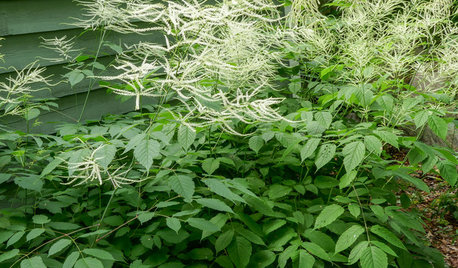
FLOWERS AND PLANTSAruncus Dioicus Is a Stately Plant for Shady, Moist Garden Spots
Plant goat’s beard in perennial and woodland gardens. Its large white spring blooms attract bees, beetles and butterflies
Full Story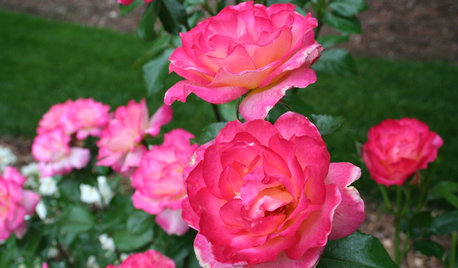
GARDENING GUIDESSoutheast Gardener: What to Do in June
Get your snippers out to protect your roses from beetles and harvest lavender from the landscape. It's a glorious month for Southern gardens
Full Story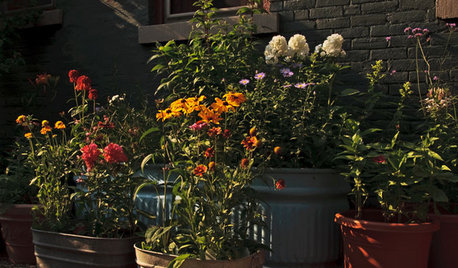
GARDENING GUIDESGreat Lakes Gardener: What to Do In July
Gather juicy berries and breathe in the lovely scent of lilies, but don't forget to stay on top of watering needs and shake off the beetles
Full Story
EVENTSTile Goes High Tech at Italy's Big Expo
Cutting-edge methods are creating tile looks from handmade to avant-garde, as seen as CERSAIE 2013
Full Story
FUN HOUZZ10 Fantasy Dining Rooms for a Good Cause
Outlandishly creative or subtle and sophisticated, these designer spaces for Serving Up Style 2013 show admirable imagination
Full Story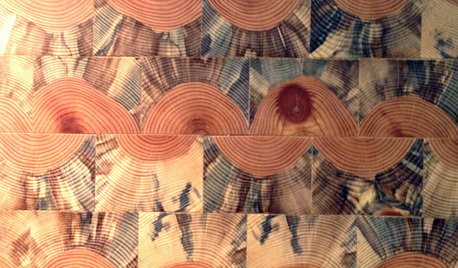
DECORATING GUIDESInventive New Products for Fun Designs Ahead
Check out the 2013 Dwell on Design expo's twists on midcentury patterns, instant color palettes, surprises for the patio and more
Full Story
FUN HOUZZArchitecture for Dogs Unleashes Designers' Creativity
This canine-focused collection of structures by Japanese designers is a breed apart from the usual doghouses and beds
Full Story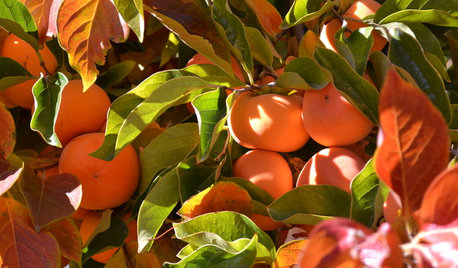
FRUIT TREESHow to Grow Your Own Persimmons
Sturdy and easy to care for, these trees offer bright fruit through winter — and keeping them in bounds is no sweat
Full Story





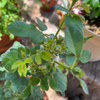
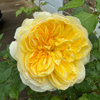

floridarosez9 Morgan
anntn6b
Related Professionals
Finneytown Landscape Architects & Landscape Designers · Belvedere Park Landscape Contractors · Burlington Landscape Contractors · Corona Landscape Contractors · East Hanover Landscape Contractors · Fort Wayne Landscape Contractors · La Verne Landscape Contractors · Mendota Heights Landscape Contractors · Nanuet Landscape Contractors · New Braunfels Landscape Contractors · Oak Harbor Landscape Contractors · Peachtree City Landscape Contractors · South Lake Tahoe Landscape Contractors · Westford Landscape Contractors · Camp Springs Landscape Contractorsopheliathornvt zone 5
mzstitch
pat_bamaz7
dublinbay z6 (KS)
anntn6b
meredith_e Z7b, Piedmont of NC, 1000' elevation
buford
jeffwul
zaphod42
michaelg
henry_kuska
sunnydays_gardener
rosetom
harryshoe zone6 eastern Pennsylvania